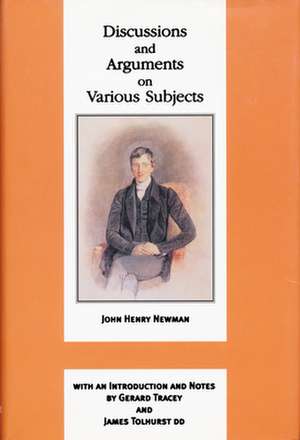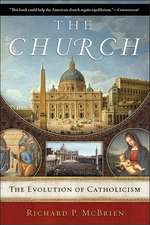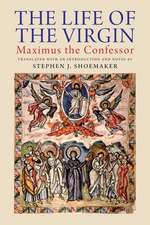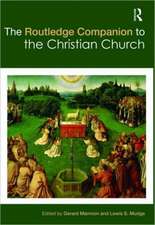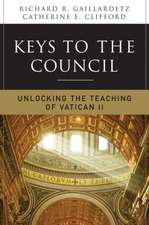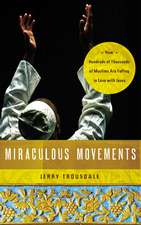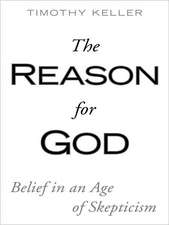Discussions and Arguments on Various Subjects
Autor John Henry Card Newman, James Tolhurst, Gerard Traceyen Limba Engleză Hardback – 3 iul 2023
Preț: 399.39 lei
Nou
Puncte Express: 599
Preț estimativ în valută:
76.42€ • 79.79$ • 63.25£
76.42€ • 79.79$ • 63.25£
Carte tipărită la comandă
Livrare economică 05-19 aprilie
Preluare comenzi: 021 569.72.76
Specificații
ISBN-13: 9780268036003
ISBN-10: 0268036004
Pagini: 542
Dimensiuni: 173 x 210 x 39 mm
Greutate: 0.59 kg
Ediția:Birmingham Orat.
Editura: MR – University of Notre Dame Press
ISBN-10: 0268036004
Pagini: 542
Dimensiuni: 173 x 210 x 39 mm
Greutate: 0.59 kg
Ediția:Birmingham Orat.
Editura: MR – University of Notre Dame Press
